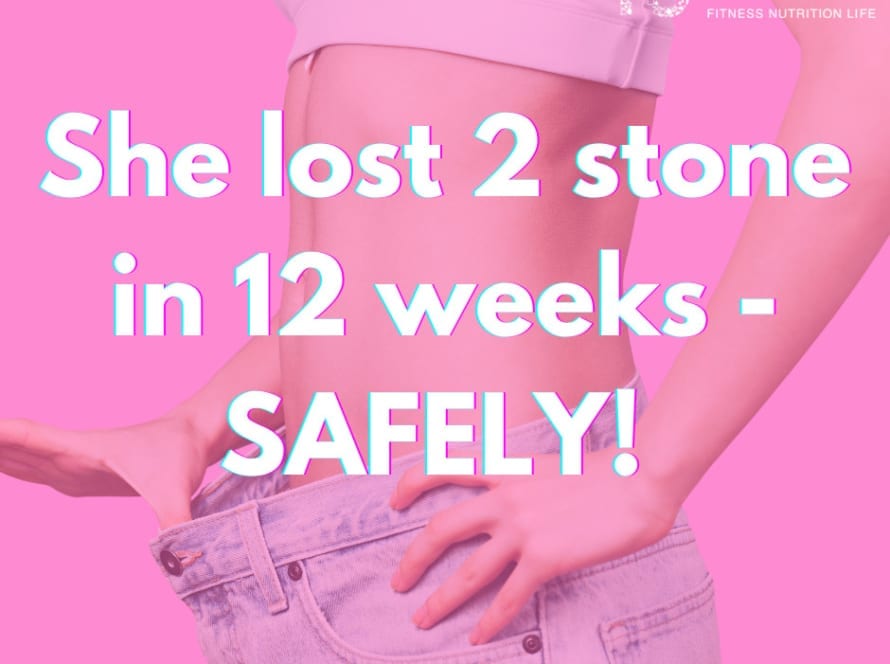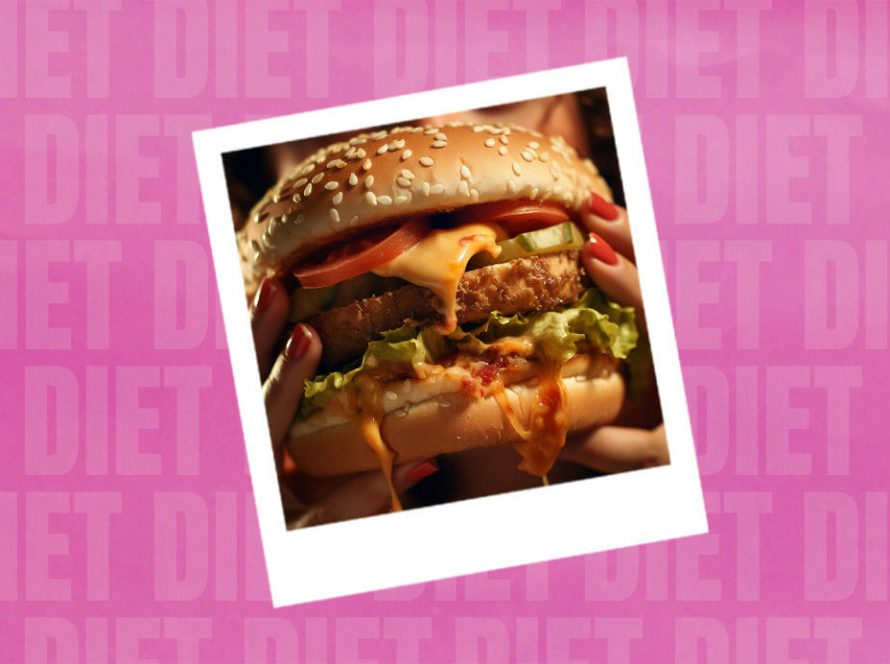Your hormones have an influence on how you burn fat. They do not require medication to get secreted, just a healthy lifestyle that consists of appropriate nutrition, exercise, quality sleep and low stress levels.
Let me give you the rundown on how your key hormones may be affecting your weight.
Insulin
This is the fat storer hormone. In my opinion this is the king hormone that reigns supreme over all other hormones.
In comparison to others this hormone is largely governed by carbohydrate intake and over-consumption of food. Both of these will cause a detrimental increase in blood sugar.
This drives more cravings for sugary food. For the average individual who does no exercise and over-eats, insulin will increase and remain high.
Chronically high levels of insulin will lead the body to become resistant to insulin, leading to type 2 diabetes. With lots of insulin floating around your body you cannot burn fat.
If your goal is fat loss avoid high carb/sugar foods. Avoid repeated insulin spikes by eating lower carb, slower digesting foods. Eat whole foods and ditch highly processed carbs.
Cortisol
The stress hormone. When working correctly it can improve your ability to burn body fat. However, if you decide to go on a very low calorie diet it can work against you by increasing cortisol, which can lead to muscle loss and suppression of the immune system.
Similarly, if you eat too many calories for your body after a period of starvation, insulin and cortisol will be high, leading to excess calories being stored as fat.
Thyroid
The manager of metabolism. The thyroid gland secretes this hormone to regulate your metabolic rate and body temperature, it must be balanced for sustainable fat loss.
Calorie restriction and long-term very low carb diets lead to a reduced thyroid. Intense exercise with little recovery or rest days can lead to an increase in thyroid.
To keep thyroid balanced, use carb cycling when living a low carb lifestyle. Secondly, don’t over exercise, and factor in recovery periods into your training schedule. Don’t go on low calorie eating plans as this has a detrimental effect on your metabolism.
Ghrelin
The hunger hormone. Levels of this hormone increase when you are physically hungry, not emotionally hungry. When you are hungry your body is probably burning excess body fat.
If you can keep it at a level that does not ring the alarm bells then you are probably burning fat. The Japanese have a saying called, “Hara Hachi Bu”, which means you should only eat until you are 80% full. Be mindful of true hunger signals and try and override emotional hunger cues.
Leptin
The fuel gauge. The hormone leptin is secreted from your fat cells, it instructs your brain as to how much fat your body has to burn. It also influences your thyroid.
Over or under-eating causes leptin’s message to the brain to become confused, also known as leptin resistance. To positively influence this hormone it’s important to not over-consume or under-consume food.
Avoid processed foods which are easily digested and can be overeaten. Increase proteins in your diet which increases satiety. Also learn to eat slowly which helps regulate gherkin and leptin levels.
Why don’t you try out one of the ‘eat slower’ apps, which monitor how fast you eat.
If you’d like to find out more about nutrition, clean eating and how exercise can make a real difference to your life, why not try my Online Six-Weeks Better Bodies programme at http://bit.ly/2dvPluU


